The Knowledge Hub

The Nose Knows: How Nasal Passages Protect the Body from Airborne Threats
By Udi Damari on May 15, 2025 0 CommentYour nose does much more than help you smell your morning coffee or breathe during a workout. It plays a vital role in protecting your body from the invisible world around you. Every breath you take brings air filled with particles—some harmless, others not. Thankfully, your nasal passages have built-in defenses to help filter, block, and neutralize those threats before they reach deeper into your body.
The First Line of Defense
The nasal cavity acts as the body's natural air filter. When you inhale, air passes through the nostrils and into a complex system of passageways lined with tiny hairs (called cilia) and a sticky mucus layer. These two work together to trap dust, pollen, allergens, bacteria, and viruses.
The cilia constantly move to push trapped particles toward the back of the throat, where they’re either swallowed or expelled. This cleaning process is happening 24/7—even when you're asleep.
More Than Just a Filter
The nasal passages don’t just trap particles—they also help condition the air before it enters the lungs. They warm and humidify the air, making it gentler on the respiratory system. Cold, dry air can irritate the lungs and make you more vulnerable to illness. Your nose helps prevent that by balancing temperature and moisture levels.
In addition, the cells lining your nasal passages play a role in immune response. They can detect harmful intruders and release signals to activate your body's defense systems.
The Role of Nasal pH and Moisture
A healthy nasal environment relies on a slightly acidic pH and a consistent level of moisture. This makes it harder for harmful bacteria and viruses to survive. When the nose dries out—due to air conditioning, cold weather, or long flights—it becomes less effective as a barrier. That's why dry nasal passages often lead to irritation or increased susceptibility to illness.
Modern Life vs. Natural Defenses
Unfortunately, our daily environments aren't always friendly to the nose. Polluted air, long hours in climate-controlled spaces, and crowded public transportation can overwhelm its natural defenses. Understanding how the nose works—and how to support its function—can help you stay healthier over time.
Support, Don’t Replace
It’s important to remember: the nose already does an incredible job on its own. But with today’s exposure levels and modern habits, supporting its natural processes through hydration, fresh air, and mindful care can make a noticeable difference in how you feel.
Conclusion
Your nose is more than just a passage for air—it's a smart, self-regulating, immune-activating system that protects you every single day. By understanding how it works, you're better equipped to care for it. And when your nose is protected, your whole body benefits.


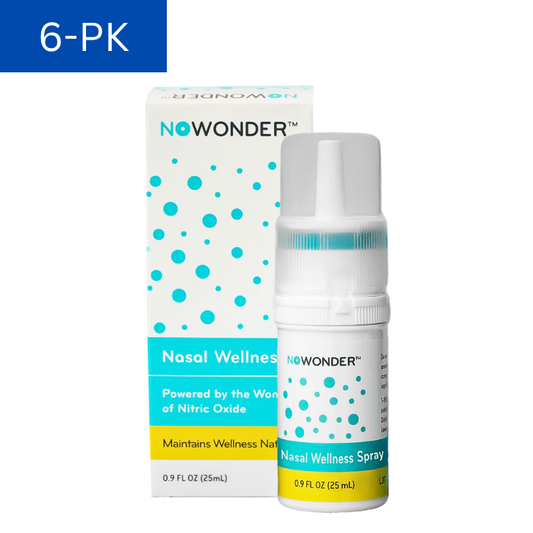
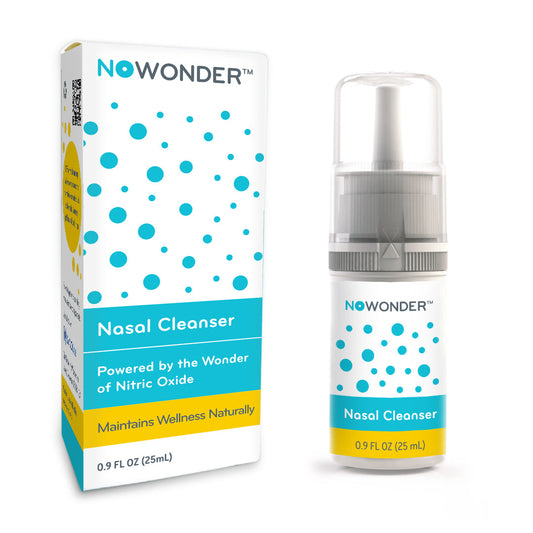
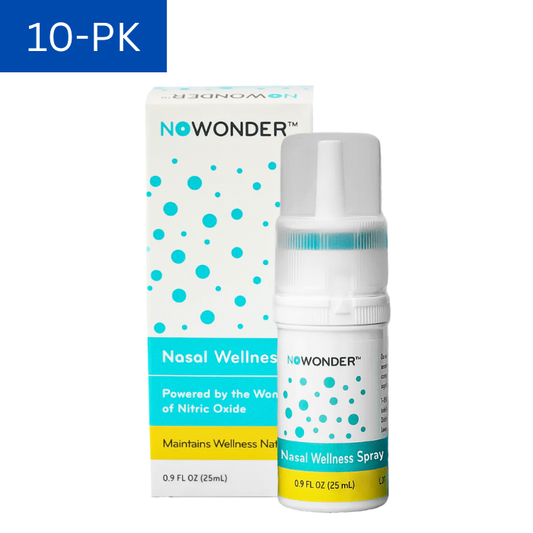
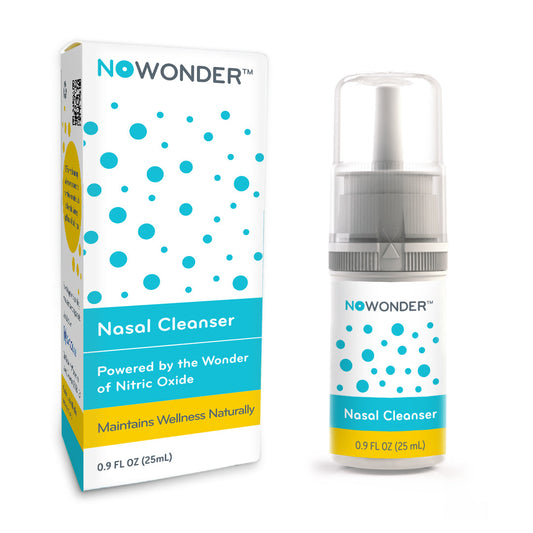
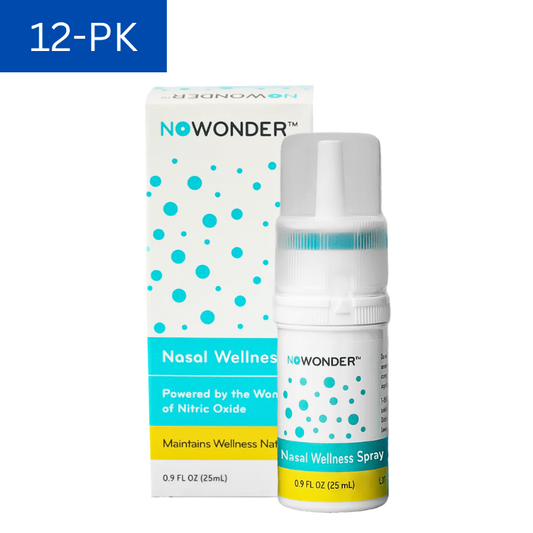
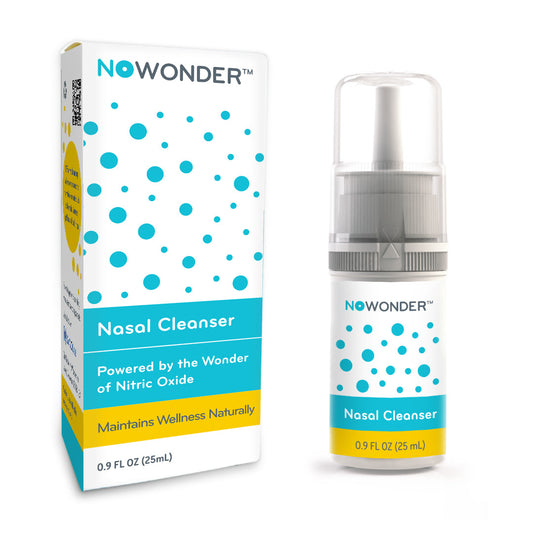

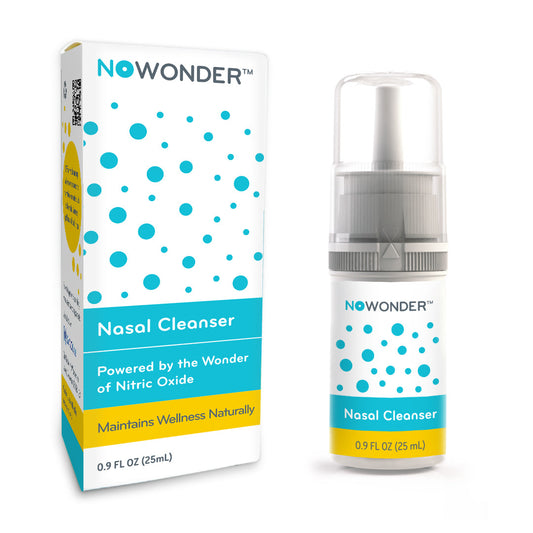
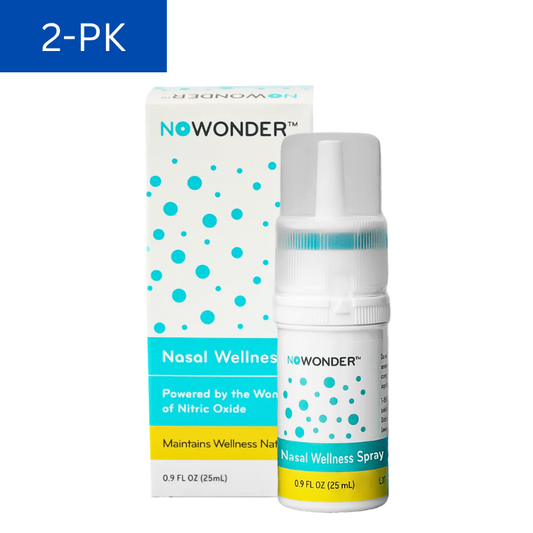
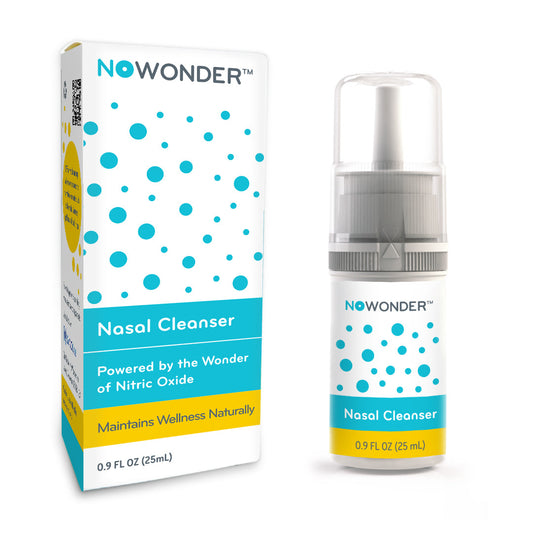
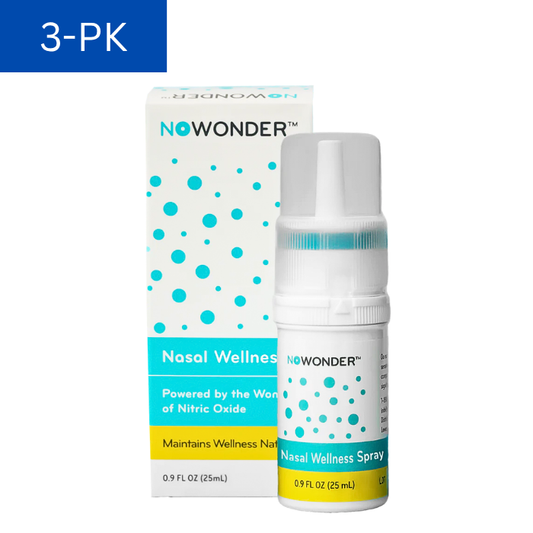
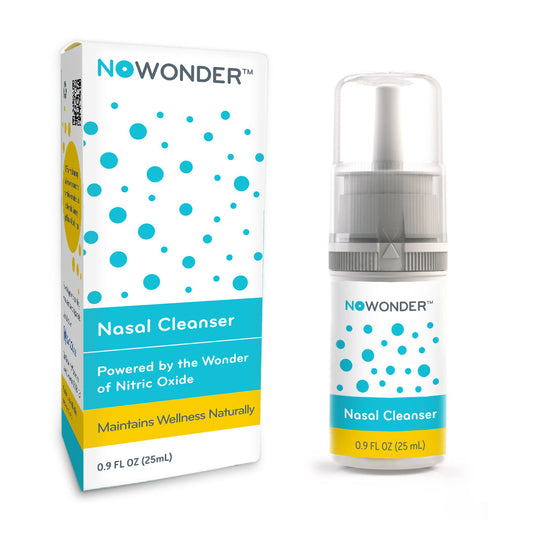
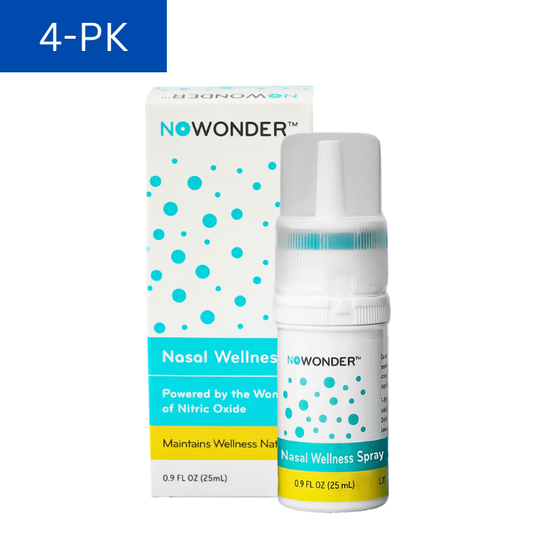
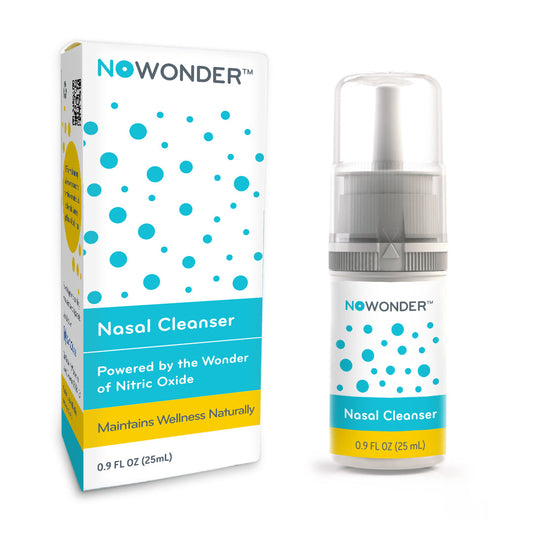

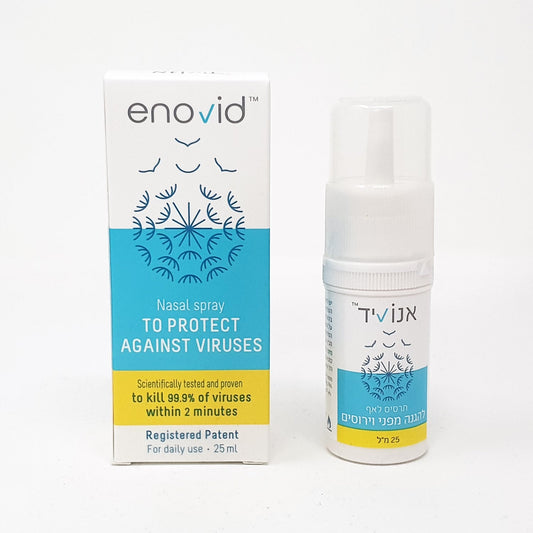

LEAVE A COMMENT